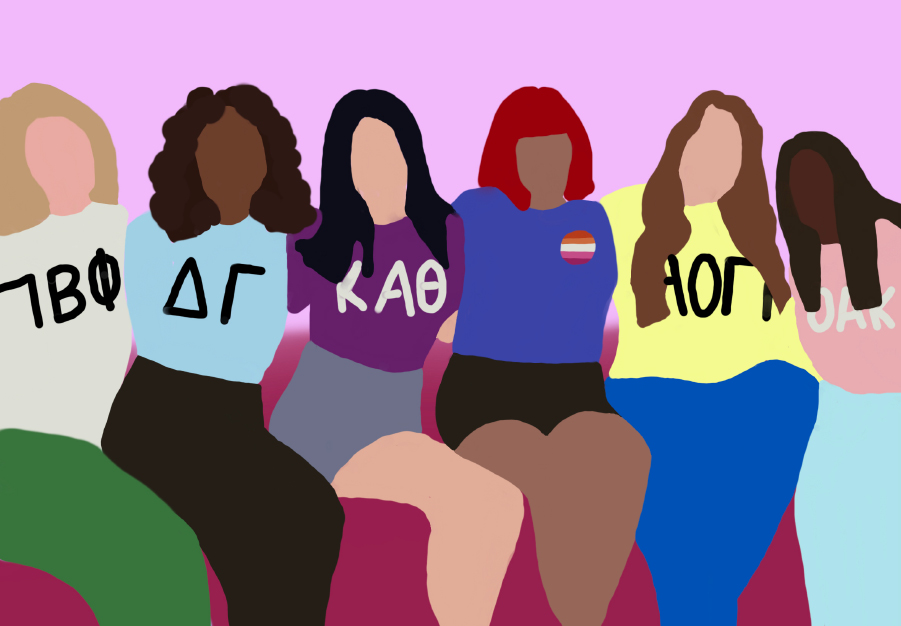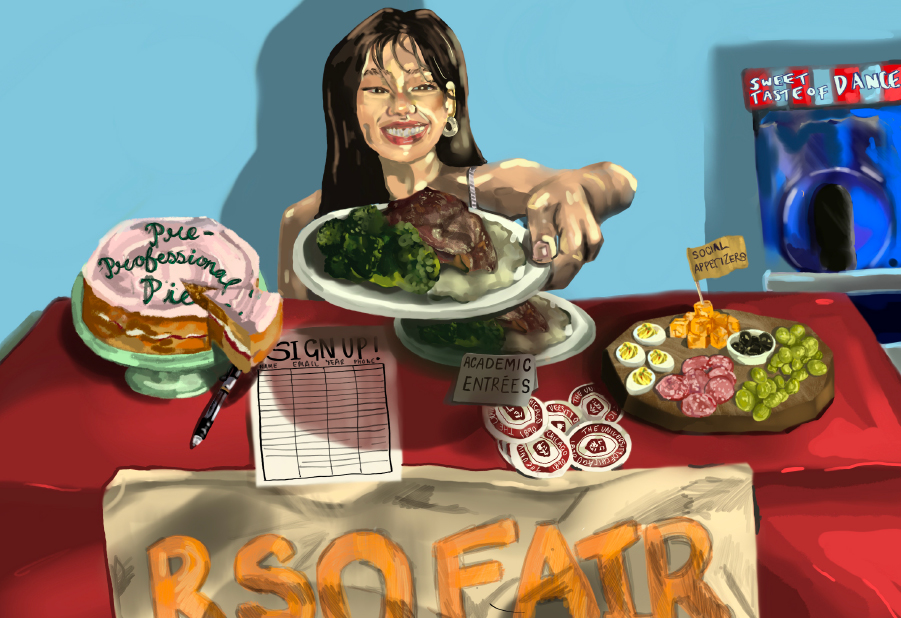Answering the question “Where do you live?” requires more words than it used to. Before moving to Chicago, my answer was a succinct “Kenmore, Washington,” the suburb of Greater Seattle I’d lived in since I was six. Those two words came with the ease and disinterest of “I’m fine, how are you?” or “Maya. And you are?”
Since starting college, though, I’ve noticed how much wordier my answer has become. “I’m going to school in Chicago,” I’ll say, or “I’m from Seattle but I’m living in Chicago right now.” It’s rarely just “Chicago,” and it’s never “the South Side.” This wasn’t something I’d given much thought to before I moved here, but I instinctively started feeling the need to assert that my residence in Chicago was temporary. As a first-year, I’ve lived here for barely six months, and I’ll likely only be here for about 30 more. Moreover, because the majority of the time I do spend here passes inside the campus bubble, I am entirely unaffected by the issues facing the South Side. When another Chicago Public School closes, when gentrification pushes more people out of their homes, I, unaffected, have the privilege of deciding how much attention to pay.
So, despite my mailing address, I’m not sure I can really claim to live in Chicago. And I’m not sure I should be voting here either.
Living in a city is more than just physically residing in it—it’s being part of a community, engaging with its history and, most importantly, understanding how versions of the future politicians put forth align with the past. Voting, better known to UChicago students as walking a couple of blocks to claim a revered wristband, is a one-time event. Living in a city is ongoing and requires a commitment to caring about what happens beyond election day.
So how do you know when you’ve reached the threshold of being ready to vote in a new city? Even when I was filling out ballots at home in Washington, there were always candidates I’d never heard of, leaving me somewhat unsure about who most aligned with my beliefs. Based on conversations I had with my other voting-age friends, I don’t think this ignorance was out of the ordinary.
Still, after living in the Seattle area for over a decade and being directly impacted by the current legislation, I at least had a grasp of the issues. Because of this, when I did engage by watching debates and reading several candidates’ websites, I already had an idea of the impact proposed changes might have. I had an instinct for what my vote might mean for my community in the long run, myself included. Having lived in Chicago for much less time than I lived in Kenmore, I lack the context when considering candidates’ platforms, making it nearly impossible to evaluate the potential impacts they might have.
This isn’t to say that UChicago students shouldn’t exercise their vote in this city. Rather, we should be mindful of our impermanence here; it takes time to understand the historical undercurrents running through a new place. Ideally, we elect people into office based on their vision of the future, but it is nearly impossible to evaluate these visions without an understanding of the past (which must go beyond a few Google searches like “Why isn’t the school board of Chicago Public Schools elected?” or “Is Mayor Emanuel woke?”). You shouldn’t have an equal say in the electoral fate of a community you aren’t really a part of. Either spend the time necessary to educate yourself on Chicago’s past, present, and future, or register to vote back home instead.







